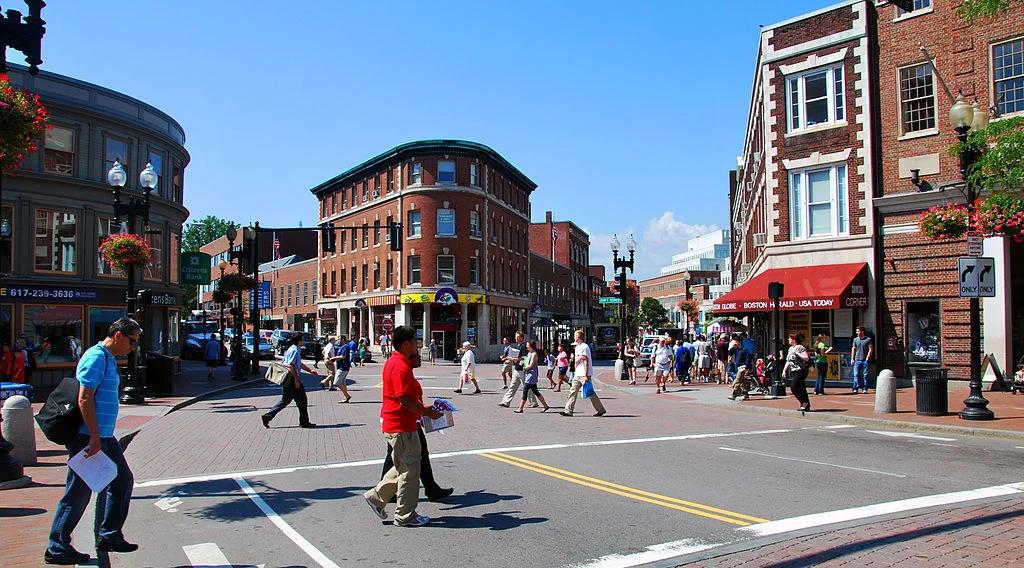Car companies have been talking about making cars a third place for years, and the concept has been engrained in North American culture for even longer. But can cars actually function as a third place? More importantly, should they?
Read MoreFor the first time, the Insurance Institute for Highway Safety conducted tests on 14 widely available versions of self-driving technology. Here’s what they found.
Read MoreAutonomous vehicle companies have expanded operations throughout San Francisco. What are the results so far? Multiple crashes, first responders blocked on their way to emergencies, and a whole host of other incidences.
Read MoreFor the past half year, San Franciscans have seen first-hand evidence of how autonomous vehicles disobey traffic laws and compromise safety on city streets. Here’s how residents are making their grievances known.
Read MoreEngineers would have us believe that we’re just one shiny new technology away from making streets safer for people walking.
Read MoreTechnology historian Peter Norton talks about why we need to be more skeptical toward the utopian promises of self-driving cars.
Read MoreAutomated vehicle technology will do nothing to make our streets better places to be.
Read MoreAre automated vehicles a solution looking for a problem—or perhaps the wrong solution for problems (traffic deaths, traffic congestion, etc.) that could be solved in better, easier ways?
Read MoreInnovations promising safety and certainty often make us more fragile and vulnerable instead.
Read MoreIn most of North America, we’ve created a world where the poor and rich alike have to pay a very expensive ante—owning a car—just to participate in society. Will autonomous vehicles bring about a fairer world, or exacerbate these inequalities?
Read MoreAutomated vehicle technology will do nothing to make our streets better places to be.
Read MoreWhy stake our hopes on a technology that’s still far from ready for mass adoption? Building walkable cities, where jobs, goods and services are closer together, is a much surer, cheaper, less resource-intensive path to sustainability.
Read MoreAs technology becomes cheaper and more commonplace, it’s not driving us away from cities. Rather, it’s making the other attributes of place—especially human capital, social interaction and quality of life—more valuable.
Read MoreHow will autonomous vehicles impact our cities and the way we get around?
Read MoreAutomated vehicles are coming whether we like it or not. In the realm of public transit, they could save us money and offer greater service options.
Read MoreAutomated vehicle technology will do nothing to make our streets better places to be.
Read MoreTraditional urbanism evolved over millennia to meet human needs. The adoption of AVs should not be allowed to replace time-tested places with something that would probably make our lives worse.
Read MoreWhat stories do we tell ourselves about the kind of world we want to live in?
Read MoreWhat does ride-sharing mean for the future of our cities and car ownership?
Read MoreAutonomous vehicles have the potential to revolutionize America’s transportation system, not just through their safety and convenience, but also because of their lower cost.
Read More


















